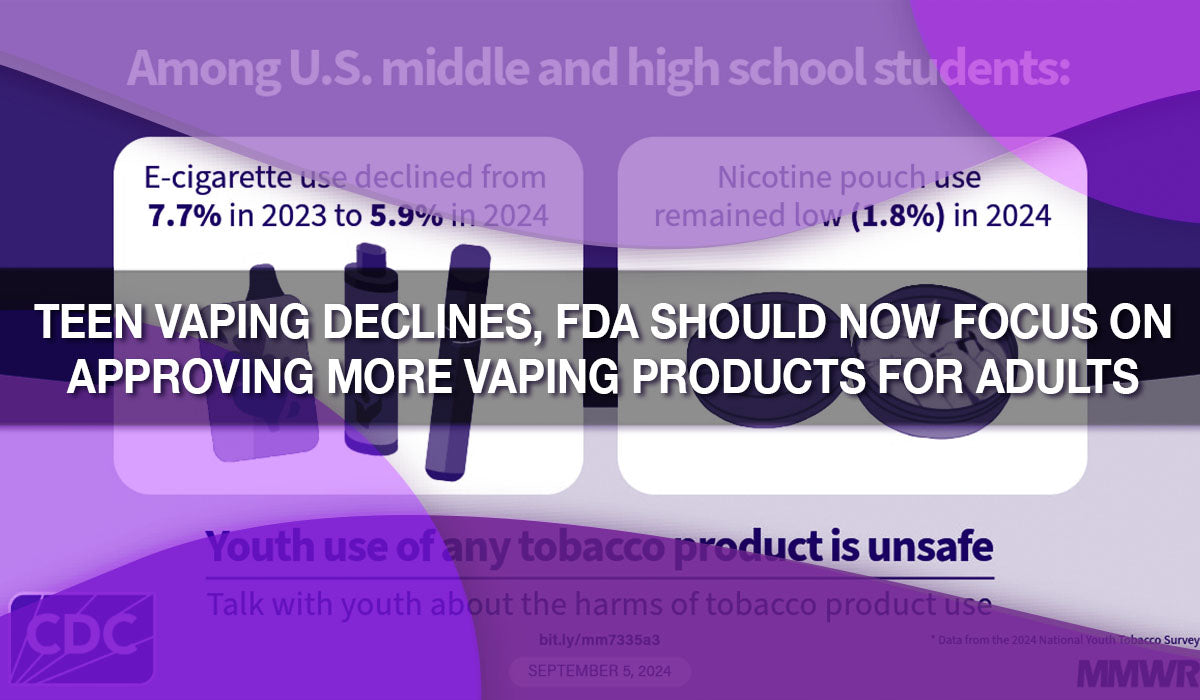
Kentucky Vape Retailers to Appeal Dismissal of Challenge to 2024 Vape Sales Ban
In a significant legal battle, Kentucky vape retailers are preparing to appeal a recent court decision that dismissed their challenge to a 2024 state law banning the sale of certain vaping products. The law, set to take effect on January 1, 2024, has sparked controversy among small business owners and advocates who argue it unfairly targets their livelihood.
Background of the Case
The controversy began with the passage of House Bill 11 during the 2024 legislative session. The bill aims to curb underage vaping by limiting sales to “authorized products” or those with “safe harbor certification” based on their status with the U.S. Food and Drug Administration (FDA). Supporters of the legislation argue that it is a necessary step to protect public health, especially among youth.
However, the law has faced fierce opposition from vape retailers and small business advocates, who argue that it could create a monopoly for large tobacco companies and drive consumers back to traditional cigarettes. The Kentucky Smoke Free Association, representing vape retailers, took legal action against the state, challenging the constitutionality of the law.
Legal Proceedings
Greg Troutman, an attorney with the Kentucky Smoke Free Association, filed the lawsuit on behalf of the retailers, naming Allyson Taylor, commissioner of the Kentucky Department of Alcoholic Beverage Control, and Secretary of State Michael Adams as defendants. The lawsuit argued that House Bill 11 did not pass constitutional muster and would have severe negative impacts on small businesses across the state.
However, on July 29, Franklin Circuit Judge Thomas Wingate dismissed the challenge, ruling that the law did not violate the Kentucky Constitution. In his opinion, Judge Wingate upheld the state's authority to regulate vaping products, noting the public health concerns that the legislation seeks to address.
Next Steps: The Appeal
Undeterred by the dismissal, Troutman filed a notice of appeal on Tuesday with the Kentucky Court of Appeals. The appeal will seek to overturn Judge Wingate's decision and block the implementation of the law. Vape retailers are hoping that the higher court will recognize what they view as the law's potential to harm small businesses and limit consumer choice.
The appeal process could extend well into 2025, potentially delaying the enforcement of the law. As the legal battle continues, the case will likely draw attention from both sides of the vaping debate, with significant implications for the industry not only in Kentucky but also in other states considering similar legislation.
The Broader Context
The passage of House Bill 11 in Kentucky is part of a broader trend of state-level regulations aimed at controlling the sale of vaping products. Notably, tobacco giant Altria has been lobbying for similar bills in other states. Altria, which has expanded aggressively into the e-cigarette market, stands to benefit from regulations that favor products with FDA approval—many of which are already part of their portfolio.

Opponents of the legislation argue that it could lead to a scenario where only the largest companies can afford to navigate the regulatory landscape, effectively pushing smaller competitors out of the market. They also warn that the restrictions could inadvertently drive consumers back to more harmful tobacco products, undermining public health goals.
Final Thoughts
As Kentucky vape retailers prepare for their appeal, the outcome of this legal battle could set a precedent for how states regulate vaping products in the future. The case underscores the ongoing tensions between public health concerns and the interests of small businesses in the rapidly evolving landscape of tobacco and vaping regulation.
The Kentucky Court of Appeals will now decide whether to uphold the lower court's ruling or give vape retailers another chance to challenge the 2024 law. Until then, the future of vaping in Kentucky remains uncertain.









Leave a comment
This site is protected by hCaptcha and the hCaptcha Privacy Policy and Terms of Service apply.